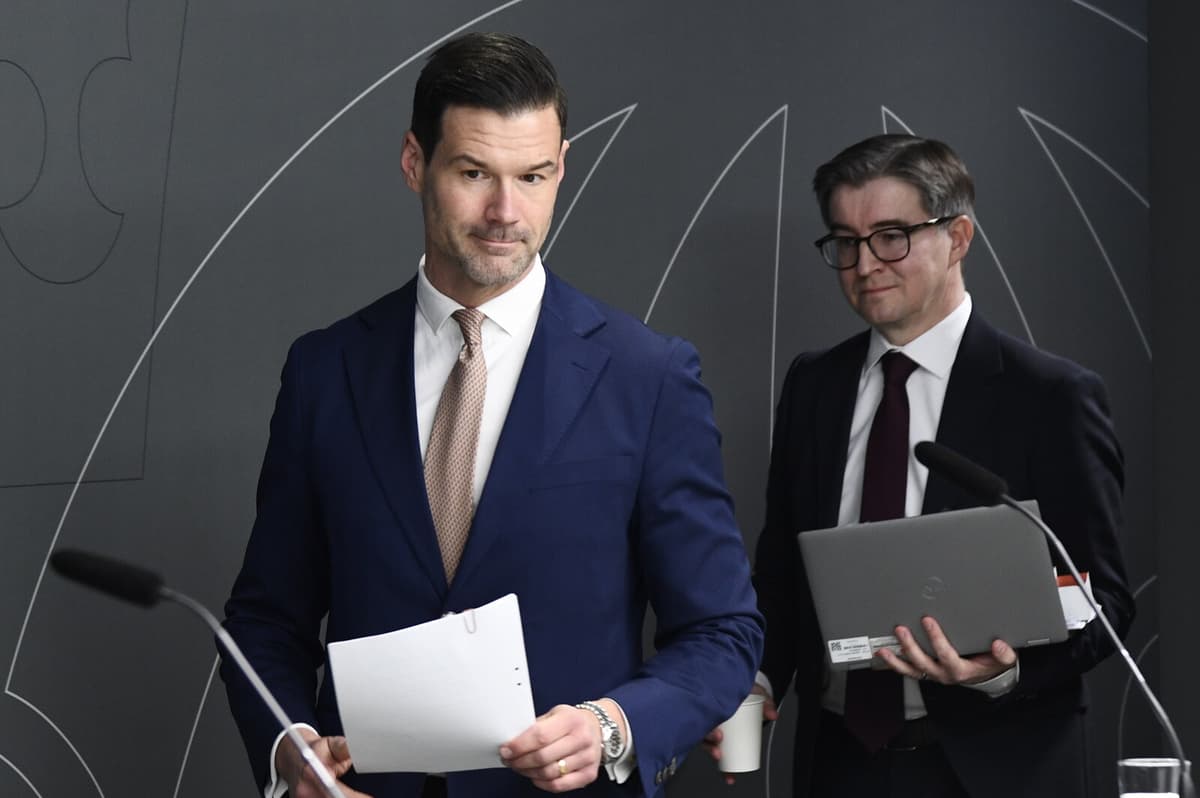In Sweden's six detention centers, foreigners are sitting who have been ordered to leave the country – but who do not do so voluntarily, and where there is a risk that they will evade.
Today, a person can be detained for a maximum of 12 months – but that limit should be extended to 18 months, according to the government's investigator Johan Lundmark. This is the longest time allowed under EU law.
This is exactly in line with what we have asked for, says Migration Minister Johan Forssell (M).
What could motivate longer detention times is if, for example, it takes time to obtain a passport or for the receiving country to accept the person. However, according to the investigator, it will likely involve only a few cases.
Monitored with an ankle tag
The investigator also proposes expanded opportunities to detain a foreigner, and the assessment is that more will be detained with the new rules.
Overall, detention decisions are expected to increase by ten percent, says Lundmark.
This corresponds to approximately 600 detention decisions per year, but multiple decisions can apply to the same person.
The investigator also proposes stricter rules for supervision for those who are not detained. The person to be deported will be required to reside within a designated area, such as a county or municipality, and this can be monitored with an electronic ankle tag.
Even children can be monitored with an ankle tag, but the investigator expects it to involve older children between 15 and 17 years old who are to be deported due to crime or because they pose a security threat.
Today, supervision is used very limitedly, according to the investigation, with barely 350 decisions per year.
Difficult to deport
Whether the proposals will also lead to more people being deported is unclear. To detain someone, a reasonable prospect of deportation is required – and at the same time, the border police have pointed out significant difficulties in deporting to countries such as Afghanistan, Iraq, and Somalia when the person themselves refuses.
According to the Migration Minister, the big problem is that far too few who are denied asylum return voluntarily. It is perceived that there are no consequences if one does not go home.
He therefore believes that the investigator's proposals, in combination with other regulatory changes that are underway, will have an effect.
Now we're saying that there will be a much clearer consequence, says Forssell.
The legislative changes are proposed to come into force on July 1, 2026.
The investigation's key points:
a new time limit for detention of adults, 18 months instead of 12
for children, the time limit is extended from three days to six days
two new alternatives to detention: a requirement to reside at a designated location, and a requirement to stay within a designated area, which can be combined with monitoring using an electronic ankle tag
special security units will be established at the detention centers
Around 3,500 people are detained each year, and around 6,000 detention decisions are made. A person can thus be subject to multiple decisions.
Those who have been sentenced to deportation for crime or who pose a security threat can be detained longer than the specified time limits.
Currently, there are 567 detention places in Sweden. The government wants to increase this to 1,000 by 2029 at the latest.
Source: SOU 2025:16, Migration Agency






